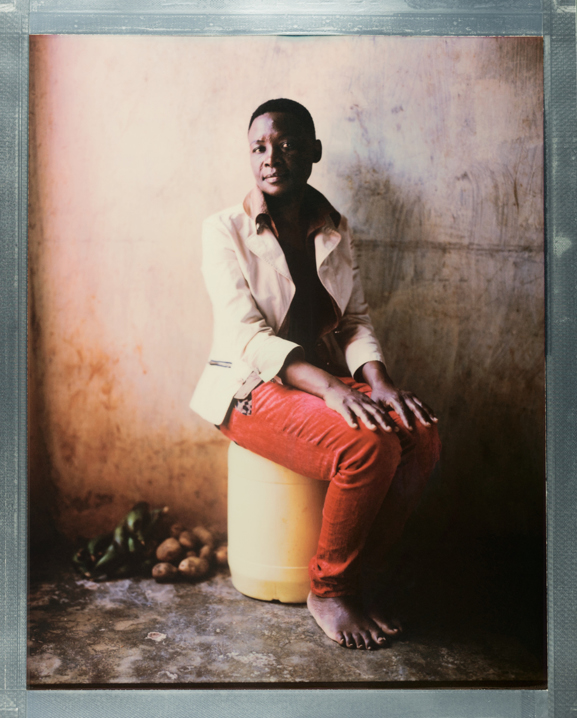
Aisha/
Uganda
“My family even promised to kill me. They can’t even look at me after knowing that I am a lesbian. Even the villagers were told to just kill me in case they saw me anywhere. That is why I decided to run away.”
READ THE STORYDespite gains made in many parts of the world, lesbian, gay, bisexual, transgender, and intersex (LGBTI) people are, in some regions, increasingly persecuted and denied basic human rights. Because bigotry thrives where we are silenced by fear, we've created this space for people to share stories of discrimination and survival. Read these stories, share them, and contribute your own. Let the world know that we will not be silent.

“My family even promised to kill me. They can’t even look at me after knowing that I am a lesbian. Even the villagers were told to just kill me in case they saw me anywhere. That is why I decided to run away.”
READ THE STORY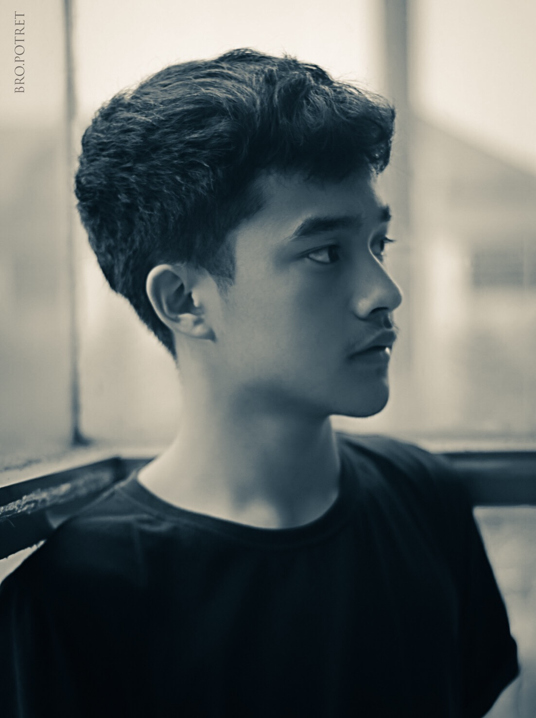
“2017 my family know about my IDENTIty, you know my parents react of course, raised by Moslem family MAKES my family disagree about Me being GAY. My mom tell me to get GIRLFRIEND for hide my IDENTITY. “
READ THE STORY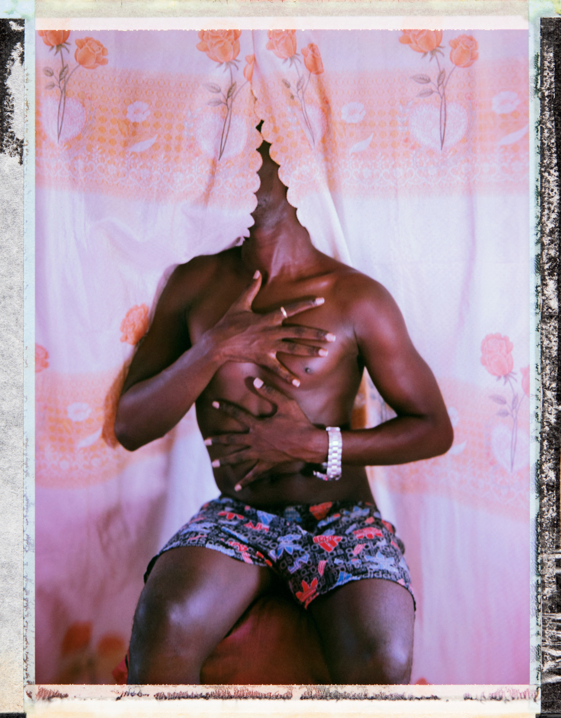
“Here your life in Ghana isn’t something easy, one can’t boldly come out, and say that he’s one, simply because it is not legalized in Ghana, and for that matter society frown on it in Ghana.”
READ THE STORY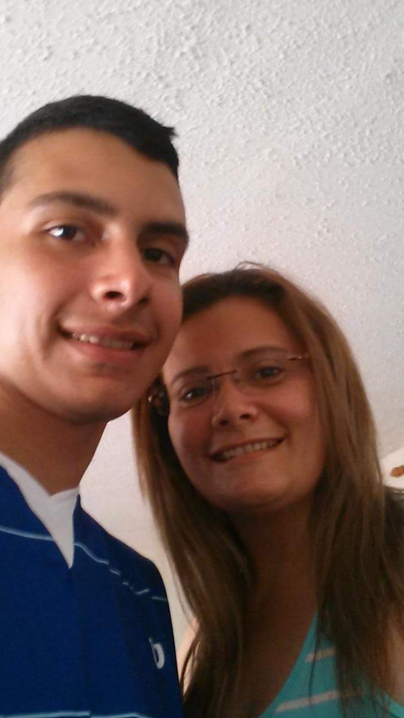
“She made things softer for me by asking me and my answer was: yes, I’m having a relation of love with someone with my same gender. It is hard for me to explain how her face changed with my answer, then she hugged me”
READ THE STORY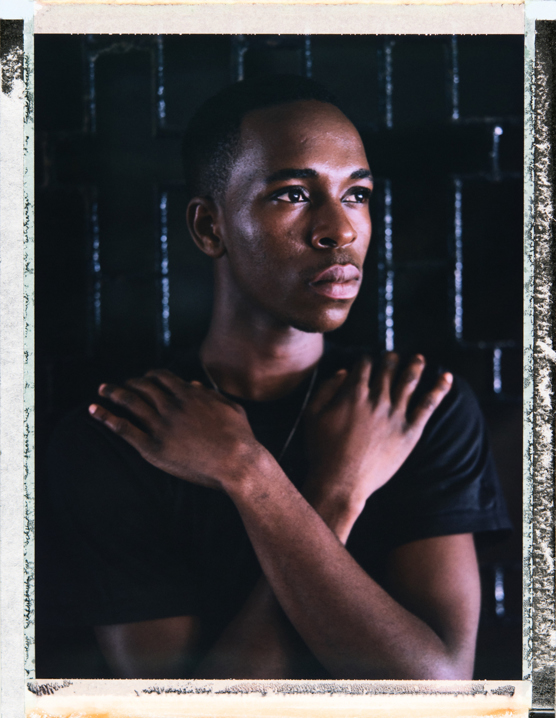
“And another episode was when in my church found out that I’m gay. They told me to stop singing because God is against it. And if God is against it, they are against too. It was very sad.”
READ THE STORY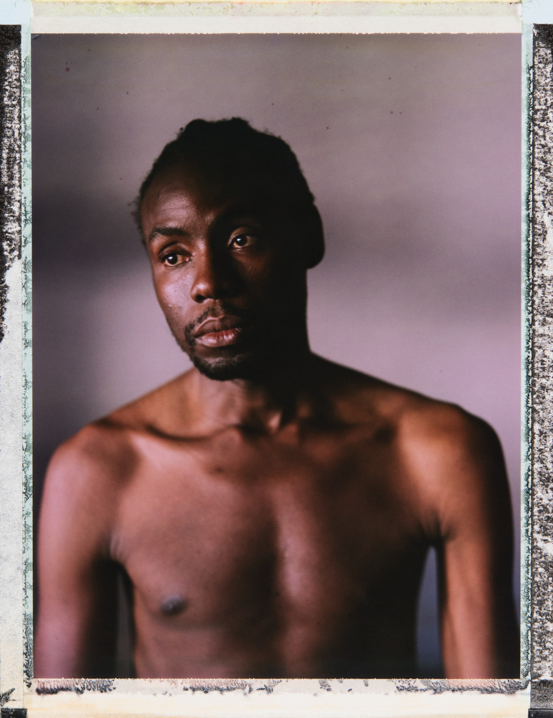
“It took me a long time to admit to it to the family because of my fear to their reaction. I went through various psychological therapies, one of which was remarkable.”
READ THE STORY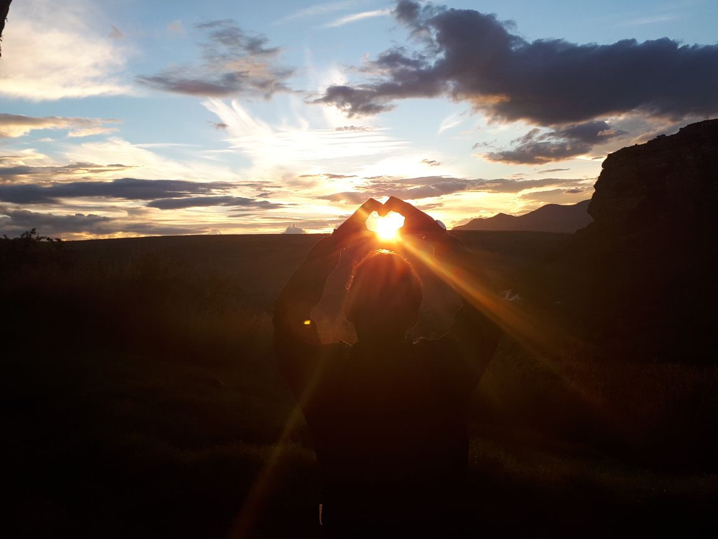
“grow up in rejection of myself and more over tendered to hate gay people too. I too was thought to hate and I really became good at it, internally I called it my guard.”
READ THE STORY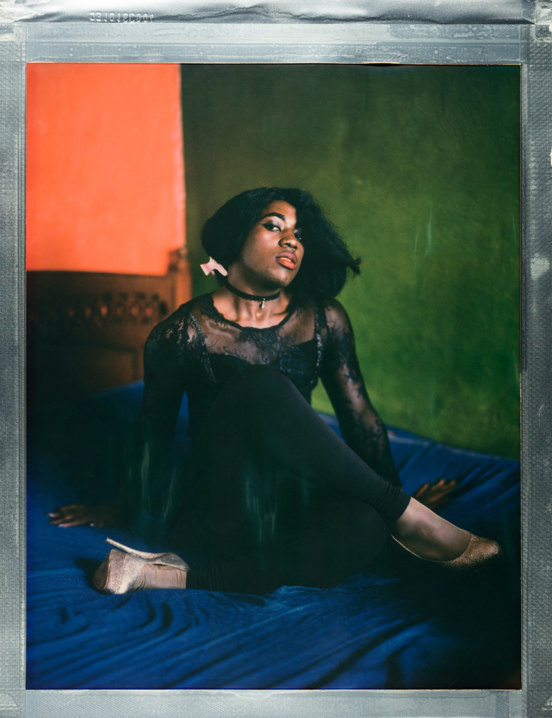
“My family continued to look for me. They also went to the radio station. They say that whoever sees me they should contact them or to kill me. That’s when I ran to Nairobi in 2015.”
READ THE STORY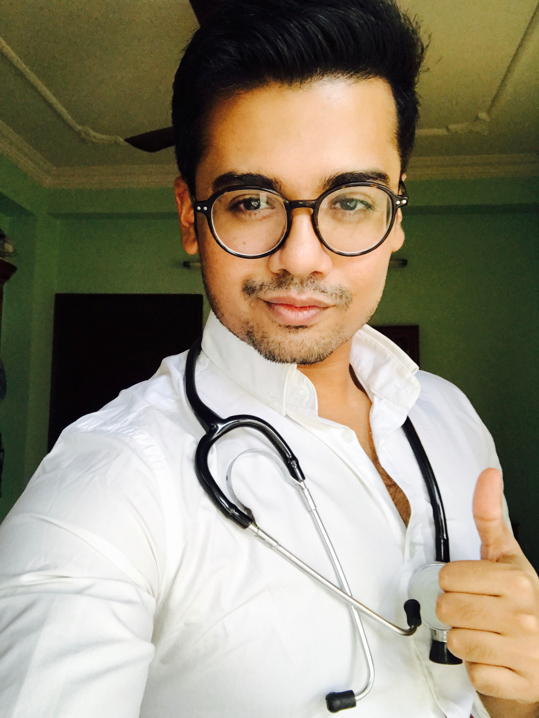
“I told him [my professor] that Section 377 [India’s anti-LGBT law] is unconstituional in today’s world. He was so disgusted that he made me fail for which I had to appear on that exam later. I didn’t ask for any probe, but I realised that the problem lies somewhere else. I contacted the president of World Psychiatric Association and told him the situation.”
READ THE STORY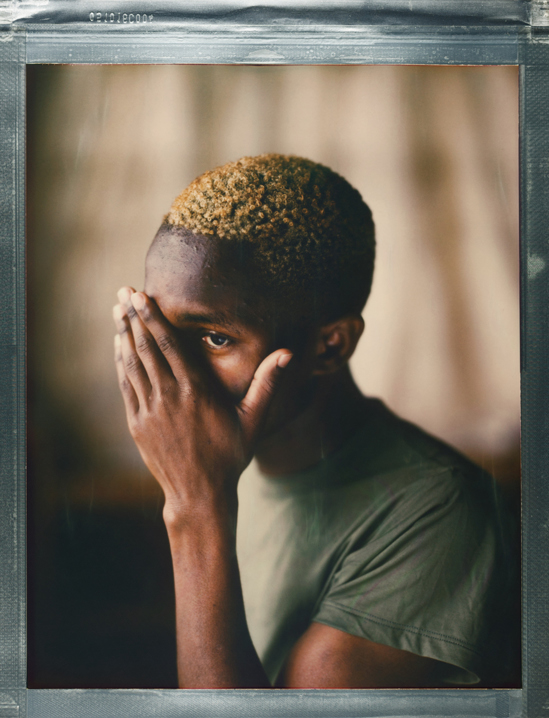
“it was a bus for the Kakuma camp in Turkana county, a land of misery, a land of thirst, a land of no hope. I suffered from worry, stress, and trauma. I thought I would die, my health was bad, I had no right of speech.”
READ THE STORY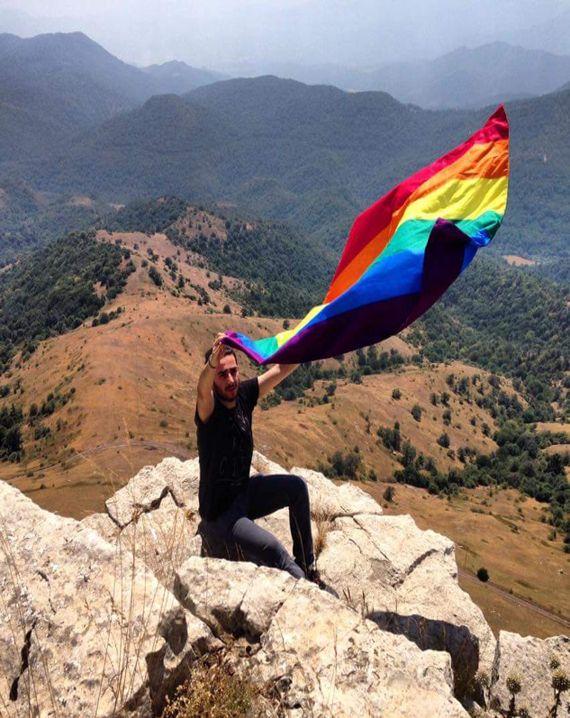
“When I was 14, I shared with my female classmate that I was gay, then she exposed me to the whole class. I got sexually abused as a result, was tied up by a group of guys, and even one of the guys was showing his penis over my face infront of everyone.”
READ THE STORY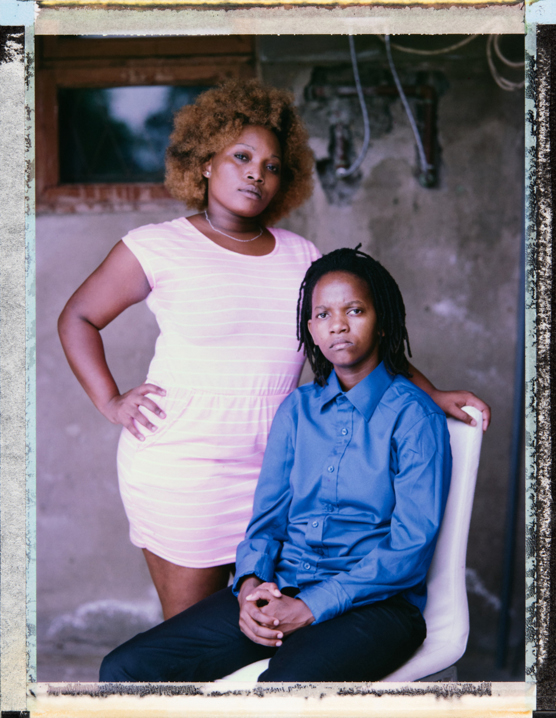
“Our relationship, likes several others consisted of ups and downs. But in our case it was because we were a lesbian couple. A negative episode that remarked us and determined the history of our relationship all began when Claudia’s mother discovered that her daughter was dating a person of the same sex.”
READ THE STORY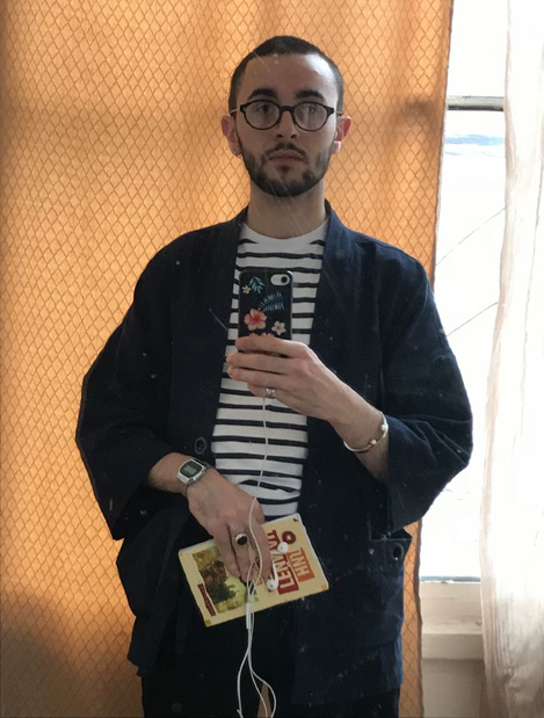
“I grew up feeling different in my family, not only sexually, but in the way of thinking in general. My family is not necessarily accepting of who I am though I never told them that I am gay, but I told my brother and he is okay with it but not supportive. My mother is not necessarily accepting of the idea, I have not shared with her, but she tries to ask me personal questions to discover stuff out.”
READ THE STORY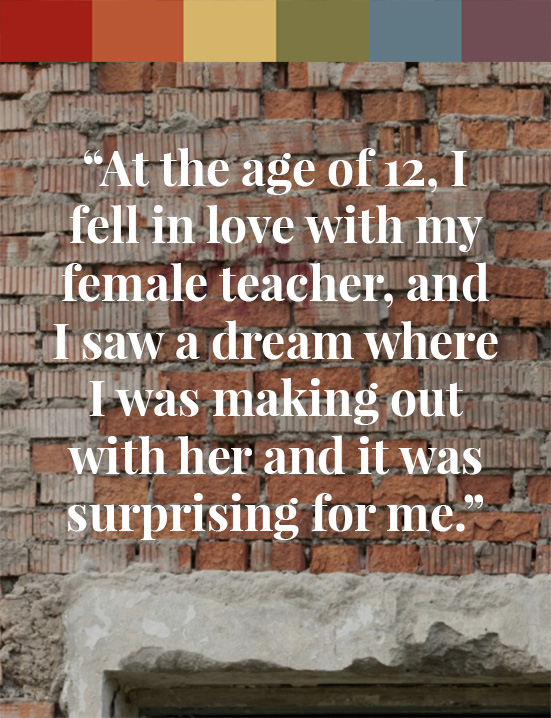
“I had feelings for boys before the age of 15, and I had boyfriends. However, when I had a girlfriend, then things started shifting fully, because I did not realize that I can be at peace with my feelings.”
READ THE STORY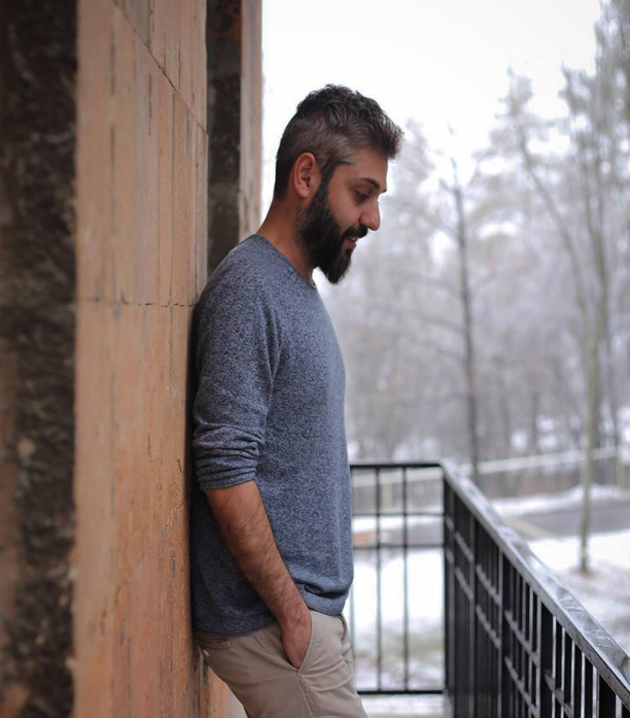
“It is hard for me to start a relationship because people know about me since I came out almost publicly due my activism work for LGBT, and thus those who want to start a relationship with me, feel very hesitant because they do not want to be exposed, and their parents may already have knowledge about me.”
READ THE STORY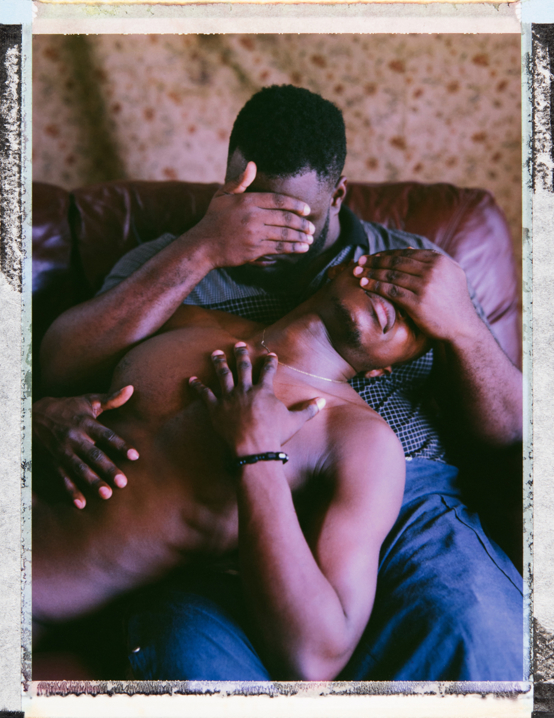
” I was attacked by gang guys twice. The first I was beaten, second, my partner and I was attacked by a gun. His hand was shot and had to go under a surgery, all in the name of stigma and discrimination in Ghana.”
READ THE STORY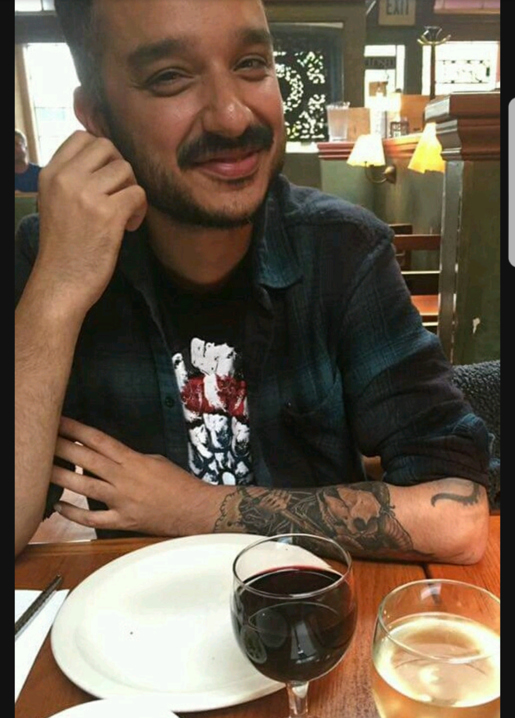
“For the longest time, I didn’t know what it meant to be not be afraid. I grew up afraid of my father, who smelled it in me, who called me a sissy, and told me I should have been born a girl”
READ THE STORY![A posed portrait of Jonah, an LGBTI Ugandan refugee, who lives in Nairobi and is supported by Nature Network. After Jonah’s uncle, who he lived with, discovered Jonah is gay, he attacked him. “My uncle came to our room, dragged me from the bed. On top of his voice, saying I'm a disgrace, I'm a curse, I'm a criminal that needed to be killed. He went to the kitchen, and got a big wood, and started beating me with it. I bled. He campaigned other people to beat me up, and here, some neighbors came to rescue me, 'cause they wouldn't let me be killed in the neighborhood.” Like many refugees in Nairobi, Jonah relies on financial and medical support to survive, however he cannot survive on the amount given by the UNHCR. “The challenges I face here in Kenya , we happen to be given the 4500KSH [about 45USD] every month which happen to be not enough, 'cause the life of living in Kenya is a bit expensive, so people tend to engage in sex work as a way of generating income to supplement on the money being given. We have a problem of health. When someone falls sick, and the way the UN guys respond to it, it's on a slow pace, 'cause you have to email to them, go to the UN offices a couple of times, and you know all during that time, you're in pain, and they keep on giving the appointments, so if it's not amongst your friends to mobilize and get you money, and you be treated, some of our friends have died. I have a couple of friends who are passed on, and then, my other problems are, since so many people have been engaging in sex work, so many of them have been infected, and a number of them have died of AIDS.” Kenya, October 2017.
Nature Network is a Nairobi based organization providing LGBTQI+ refugees in Kenya with support through safe temporary housing, health services, food and security. Nature Network has advocated to police over 50 times, responding to hate crimes, and runs a WhatsApp group of safety tips. Refugees supported have come from Uganda, Somalia, Burundi, Rwanda and Sudan.
Stigma, discrimination and violence based on sexual orientation means that access to HIV services is yet another challenge for this community. As a result, LGBTQI+ people in Africa are 19 times more likely to be living with HIV, with prevalence rates in many countries exceeding 10-20%. To respond to this, the Elton John AIDS Foundation (EJAF) built a quick, nimble, and easily accessible $10m fund which can get money to the most effective grassroots organisations doing some of the most important work among the most-at-risk LGBT groups in Sub-Saharan Africa. A Rapid Response mechanism administered by the International HIV / AIDS Alliance quickly disburses smaller sums to respond to emergencies where LGBT people are in jeopardy. The fund is active in 30 countries and Nature Network in Kenya is one project that has received the fund.
Robin Hammond/NOOR for Witness Change](https://whereloveisillegal.com/wp-content/uploads/2018/07/LGB20171101P_KEN_001.jpg)
“I prefer not to use real name, because people who are trying to kill me are still looking for me. I’m an LGBTI Ugandan refugee living in Nairobi.”
READ THE STORY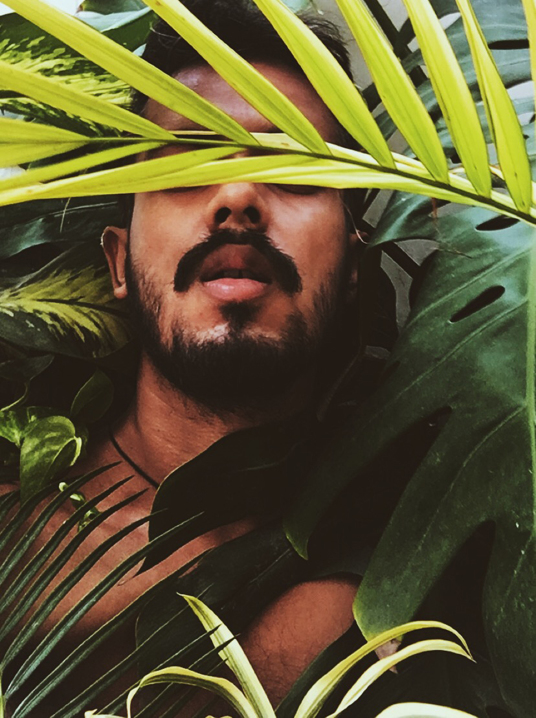
“I have always been brazen online, sharing photos I take of Indian male sexuality across social media. But I never took the hate that came with it seriously till this one time I was physically assaulted by two men outside a very crowded subway and a mob gathered to watch while they threw homophobic slurs at me.”
READ THE STORY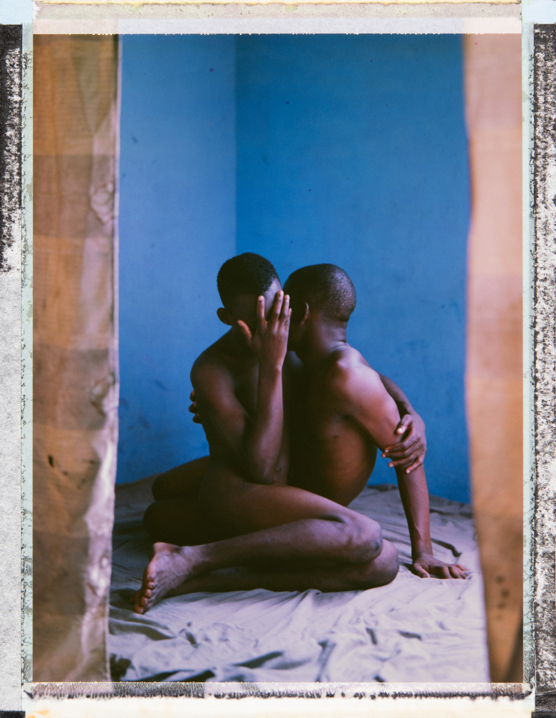
“We just want to be understood and free express our love publicly.”
READ THE STORY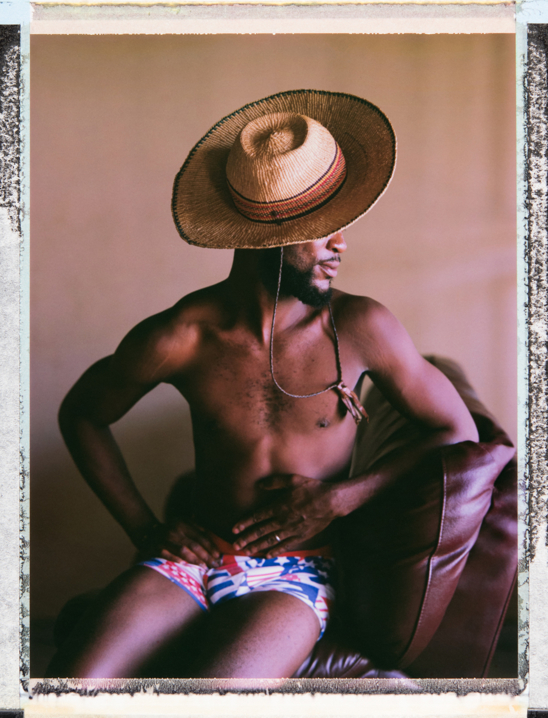
“There was a time in my life that I thought I was the only person of my kind on Earth, was very lonely, emotionally traumatized and looking for people I can relate to”
READ THE STORY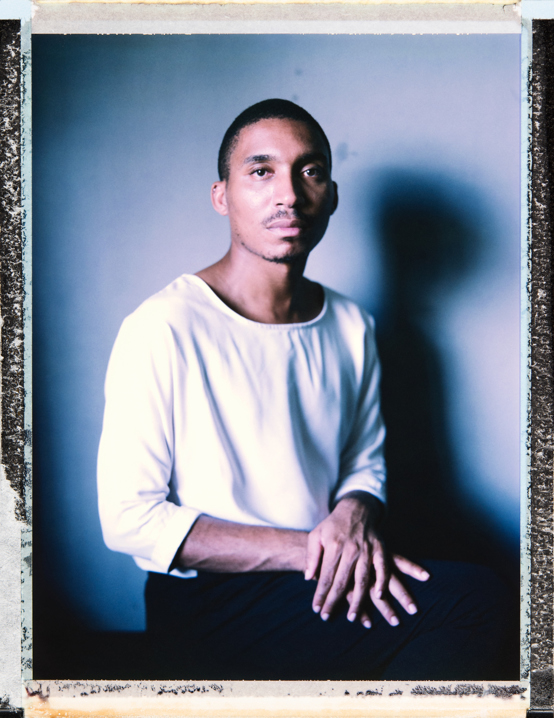
“I have a very supportive family in terms of accepting the way I was different by them. That was the very beginning because my family and friends, they wanted to know who I am”
READ THE STORY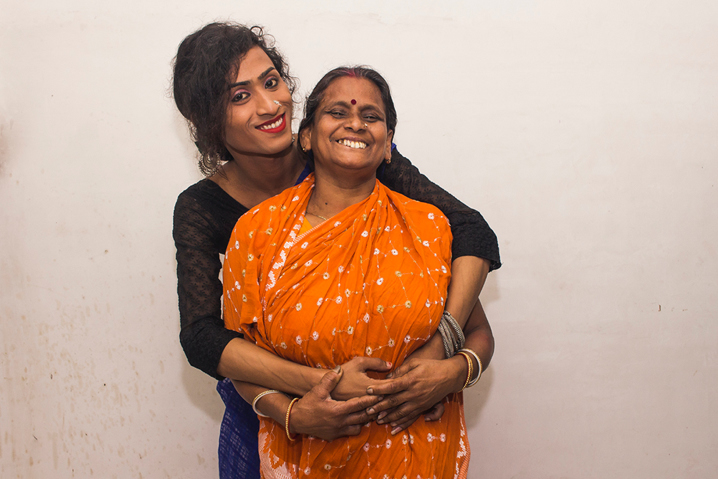
“in my school days when i wished to perform as a female dancer in annual programme they laughed at me and informed my family. my parents beat me.”
READ THE STORY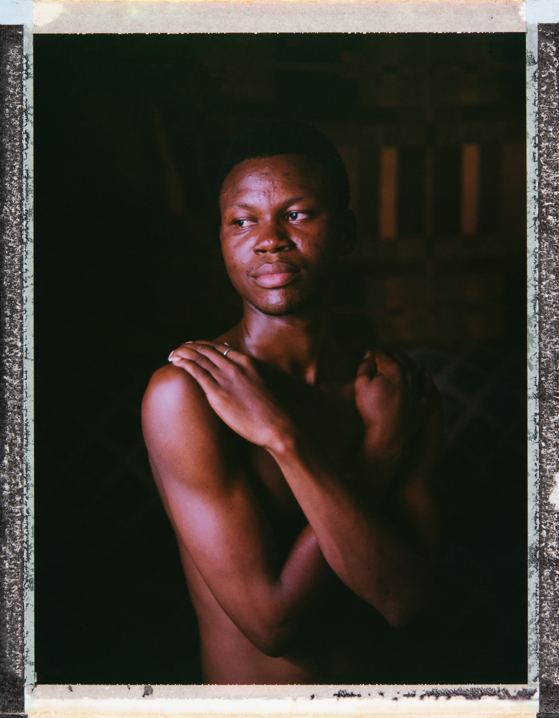
“I knew I was gay from when I started experiencing adolescence. I love men, and I won’t change that for anything in the world. Besides, love is love.”
READ THE STORY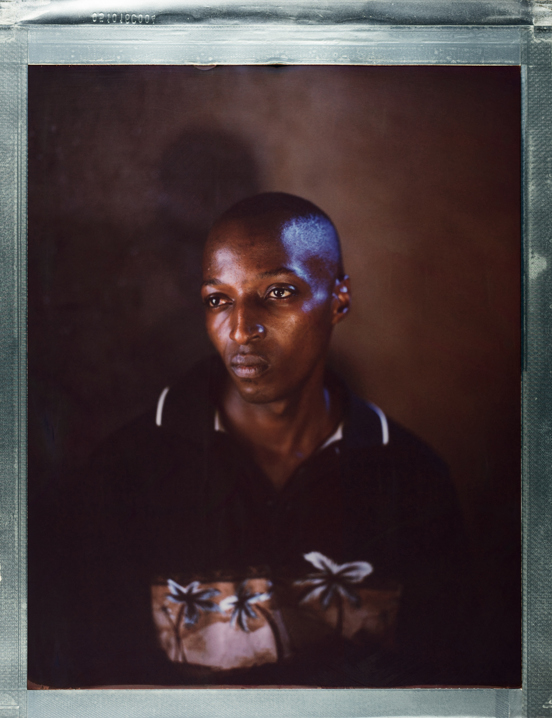
“One time, my family was attacked in the middle of the night. They came at my home. They kicked the front door of our house. They entered, searching for me. I sensed there was danger and I had to slip through the door of the back house of our house, and I ran away to the bush.”
READ THE STORY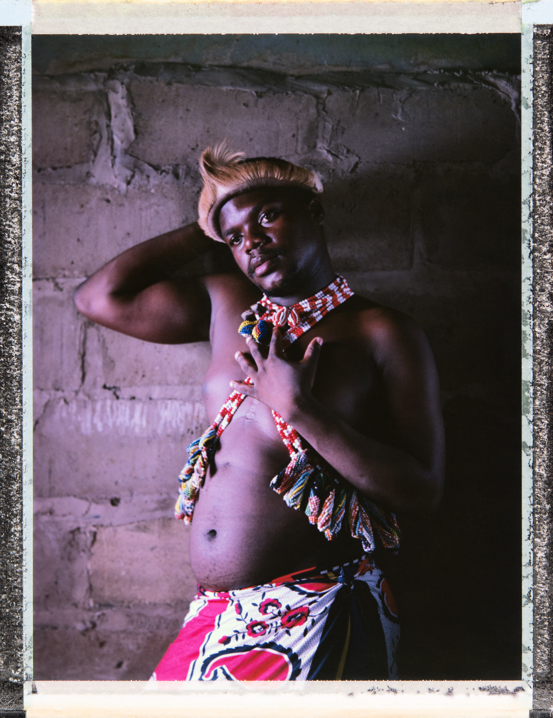
When I was 22 years old I found out that I am seropositive, I have HIV. It was a scare, I did not expect it.
READ THE STORY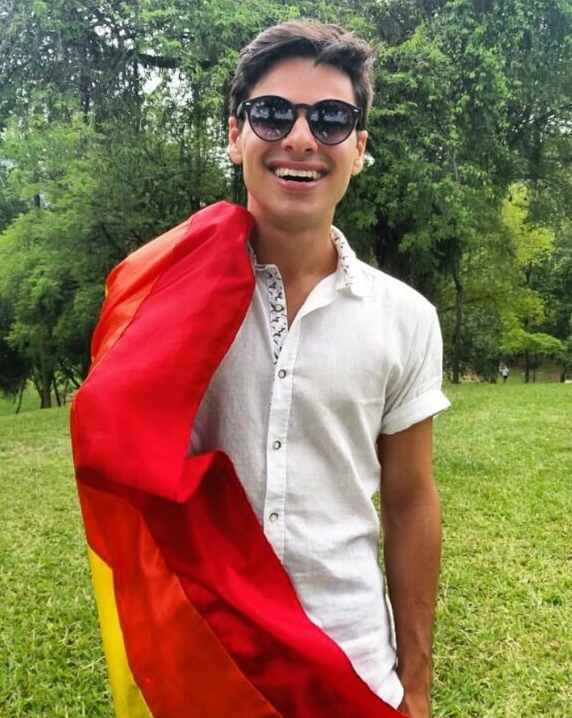
“Talking about my homosexuality, for me, is talking about love. That’s because it was through love that I started to recognize my differences from other people around me. I was fourteen when I met him, sixteen when I fell in love and twenty-one when I left him. It was through this cycle that I saw … READ THE STORY
READ THE STORY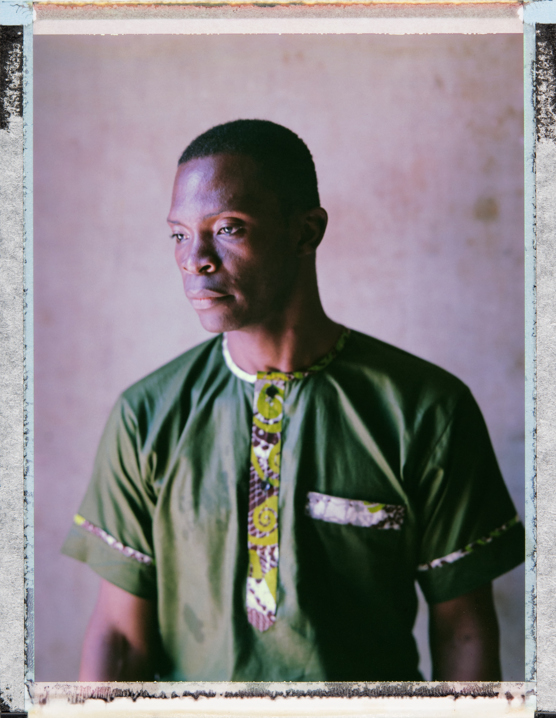
“My junior brothers and my parents do suspect me, but I always find a way to educate them on my sexual life. They don’t really feel comfortable, but my Dad and Mum said they love me who I am and accept me the way I am.”
READ THE STORY![A posed portrait of Lucky (right) and John (left), Ugandan refugees living in Nairobi. Lucky and John lived together in Uganda - until John’s parents found out they were in a relationship and attacked Lucky.They hid with a friend and saved enough money to flee to Kenya. They were registered separately as refugees and they were able to find some sanctuary in Nature Network. “The life now in Nairobi, because of the Nature Network we have, the little money we are getting, it help me someway, somehow, and the Nature Network come in, they do pay us rent here, they buy us food.” Faith has been an important part of keeping them strong through their trials.
“If it wasn't God's help, we would have already died, because I remember the time when the parents came to attack him [Lucky], and then, they wanted to kill him, if it was not God, he would have already died, but God knows us, God loves us, so he managed to protect us all the way from Uganda up to here, we are together.” Kenya, October 2017.
Nature Network is a Nairobi based organization providing LGBTQI+ refugees in Kenya with support through safe temporary housing, health services, food and security. Nature Network has advocated to police over 50 times, responding to hate crimes, and runs a WhatsApp group of safety tips. Refugees supported have come from Uganda, Somalia, Burundi, Rwanda and Sudan.
Stigma, discrimination and violence based on sexual orientation means that access to HIV services is yet another challenge for this community. As a result, LGBTQI+ people in Africa are 19 times more likely to be living with HIV, with prevalence rates in many countries exceeding 10-20%. To respond to this, the Elton John AIDS Foundation (EJAF) built a quick, nimble, and easily accessible $10m fund which can get money to the most effective grassroots organisations doing some of the most important work among the most-at-risk LGBT groups in Sub-Saharan Africa. A Rapid Response mechanism administered by the International HIV / AIDS Alliance quickly disburses smaller sums to respond to emergencies where LGBT people are in jeopardy. The fund is active in 30 countries and Nature Network in Kenya is one project that has received the fund.
Robin Hammond/NOOR for Witness Change](https://whereloveisillegal.com/wp-content/uploads/2018/06/LGB20171101P_KEN_011.jpg)
When they attacked him, he managed to escape. He ran away, and then, he told me, ‘Don’t come back home, because even me have left home, cause your parents went there to kill me. They realized that we are gays.’
READ THE STORY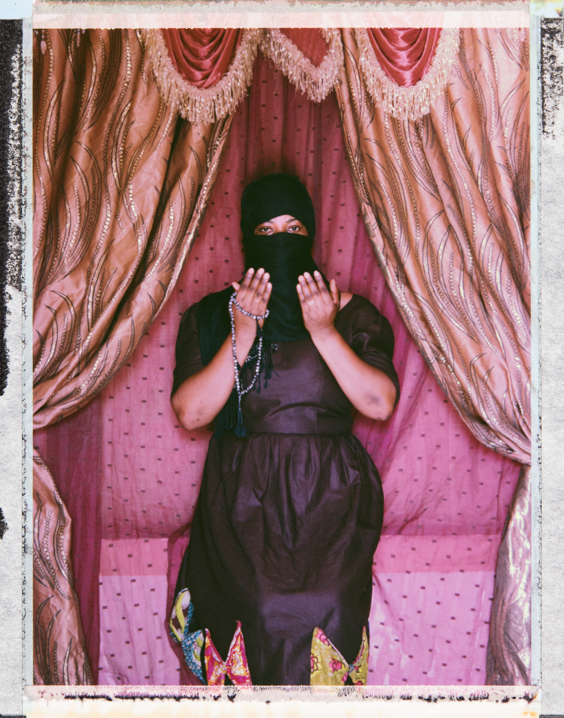
“When I was growing up, I knew I had feelings for my fellow women, but I thought I was the only one in the world who had such feelings.”
READ THE STORY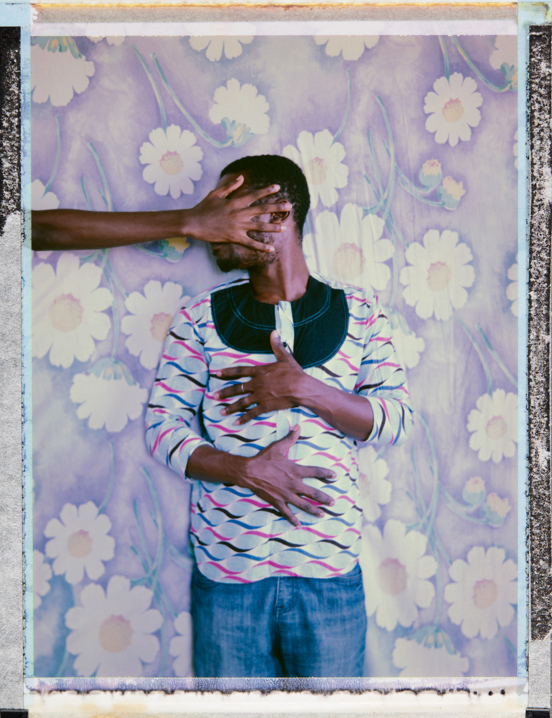
“When I was 8 years of age I used to play with the girls a lot, so due to that people started call me names like kojo besia (Man-Woman) then from there I decided to play with the boys at the age of 10 years because of stigma attached to me playing a lot with the girls.”
READ THE STORY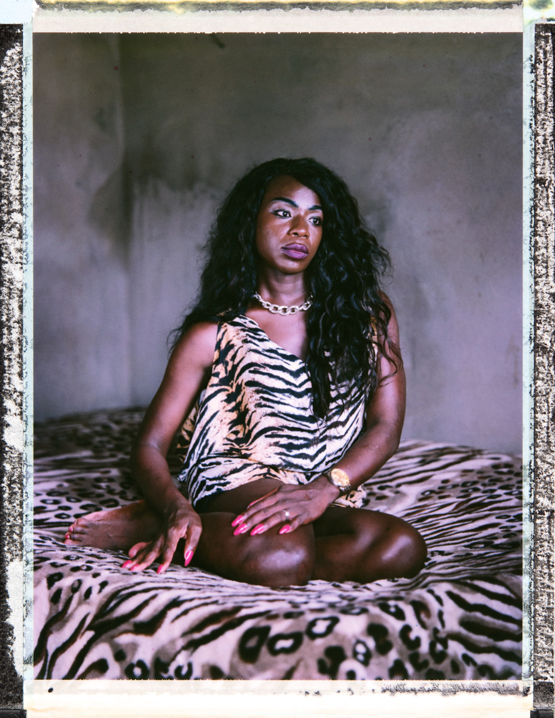
“After taking the test, the test was positive. And when it was positive, I came back home and I did not tell anybody about it. My mother asked, and I always said ‘ahh I have not done it yet’ but I was already taking medication. So I was ashamed of it all at that time I was going to get more medication then I gave up on medication.”
READ THE STORY![23 year old Avelino (sitting) & 25 year old Neston (lying) are a gay couple. Neston’s family did not approve of his homosexuality. Avelino, byt contrast, when he cam out to his mother, she accepted him. Avelino recalls when Neston had a fight with his family, “‘Why don't you come and live with me,” Avelino said, “let's live together in my house’ and he asked ‘Are you serious?’ and, because of what my mother had told me before, I said ‘Yes’.” Avelino’s mother welcomed Neston, but his father did not know about his son’s sexuality at the time: “It was a huge shock when he found out, we had already been going out for about 6 months when he (his father) found out exactly what we meant to each other. It was such a big shock that we spent about 2 days out in the street… The whole family here had a meeting, in a weird way, a big confusion and everyone, brothers, nephews, everyone revolted against my father ‘He is everything, he works hard in school, he works hard in athletics... What difference does it make?’ I still get emotional when I remember that my father sat with us, apologized and asked him [Neston] to live with us.” But not everyone has been so accepting. When a photo of Avelino and Neston kissing was posted on facebook, Avelino, an international track athlete, lost his spot on the team: “They were made aware of my sexual orientation, they stopped summoning me for international competitions… To let go of the Mozambican Athletics Federation in order to live what I am, who we are... I do not regret anything, if I had to go back in time and do something different, I would not do anything different, I would do everything the same.” Maputo, Mozambique. 22 February, 2018. Photo Robin Hammond/Witness Change](https://whereloveisillegal.com/wp-content/uploads/2018/06/LGB20180222P_MOZ_067.jpg)
We are a gay couple, we are a couple together for almost 4 years, like a common couple we have gone through many problems, but love has always spoken louder.
READ THE STORY
“It is not a crime to be a homosexual in Brasil. Unfortunately, we cannot ensure our rights only by the laws: the guidelines of our lives are not only dictated by our governments and I would say that this is good. To my family, being gay is a crime. To some friends – who actually … READ THE STORY
READ THE STORY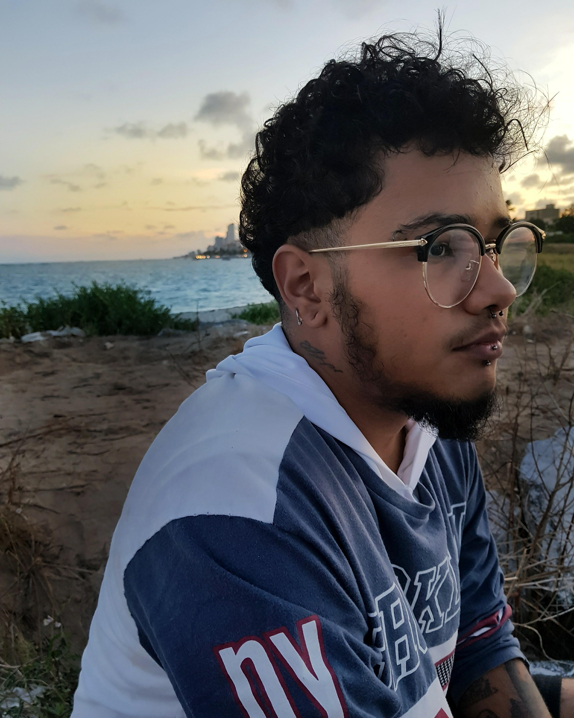
“At adolescence things got worse, because at the moment that everyone were discovering themselves, I discovered that I was a freak: how would I explain to everyone that I was a man? So I hid that from everyone, even from me.”
READ THE STORY
“I could see his hate increasing and dominating that street. He started to touch me in a different way, although still aggressively. He raped me. He run away. He run away, crying. “
READ THE STORY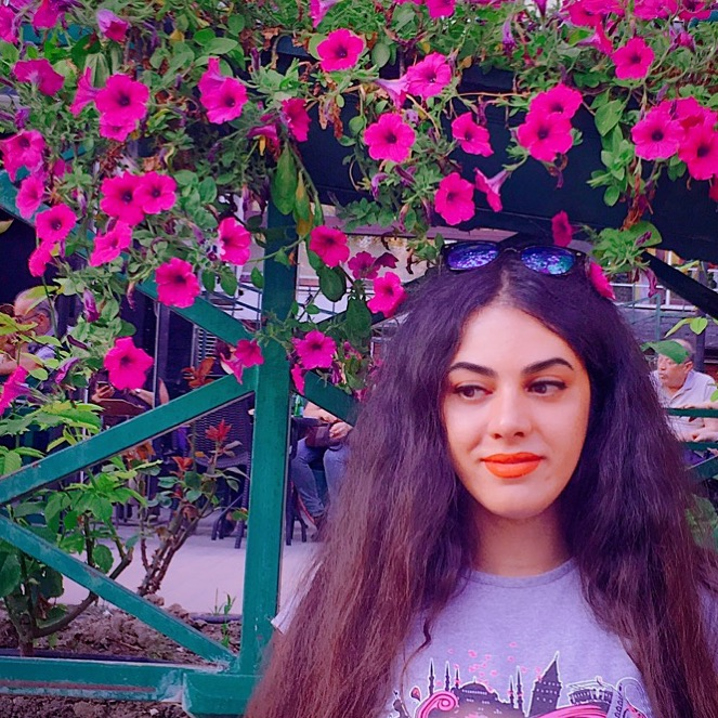
“There wasn’t any safe place for me to live,rules were against my dignity,I didn’t want to do compulsory sex reassignment surgery,the thing that Islamic republic of iran is doing now.”
READ THE STORY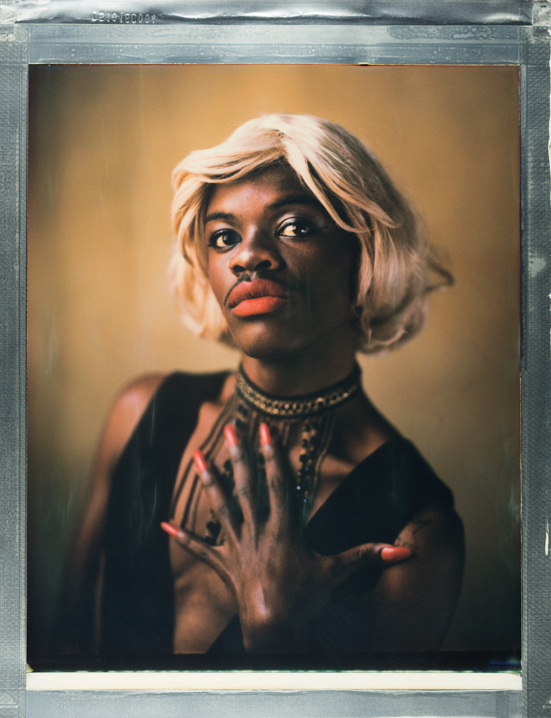
“During my teenage I was expelled from school, because I was gotten exchanging letters with my boyfriend. That’s when my parents disowned me and put police to hunt me down. When I got to know about it I had to flee Uganda, because my life was in danger.”
READ THE STORY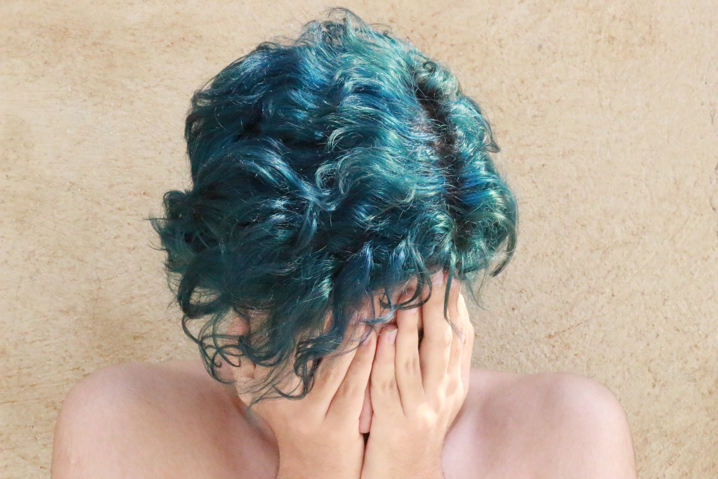
“the first time i tried to come out was very unsuccessful, I was at the 11th grade I conffessed my love to a classmate, got turned down and he told everyone.”
READ THE STORY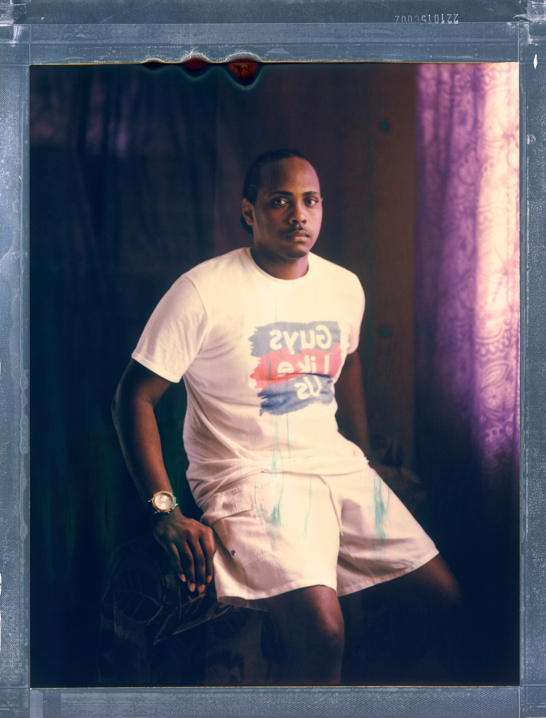
“he told everyone in the school that I was gay. In doing this, it caused uproar in the school. I was quickly taken off the scene and I was pushed in a building for my safety. The mob of student grew and you have the entire student body and mob in the building chanting to let me out so they can have their way with me. School officials and security could not squash the mob nor could they disperse.”
READ THE STORY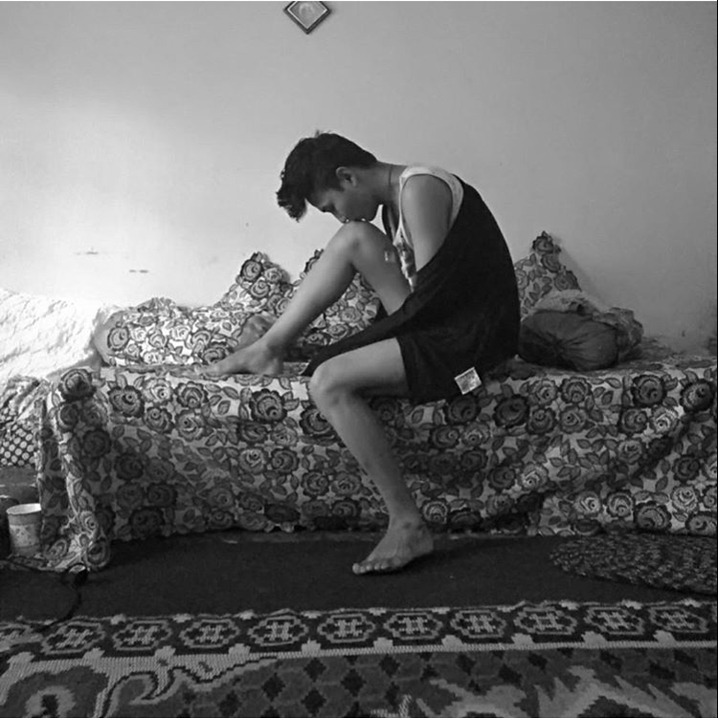
“Living in India, where same sex marriage is considered to be filthy I had a really tough time growing up. Confused as I was, I dint know with whom to share this fact of mine. I was scared, but even though I was closeted people had to find out who truly I was.”
READ THE STORY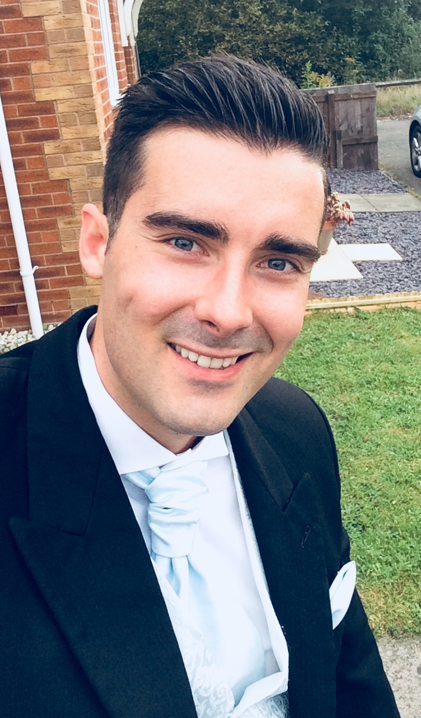
“One day someone passed comment and I snapped. Years of abuse and shame came flooding out. I can not begin to describe the relief and elation to be free. Reality then hit my like a ton of bricks and I realised that the hard work was not over. How does one tell a spouse they are leaving? How does one tell an overbearing father he is gay?”
READ THE STORY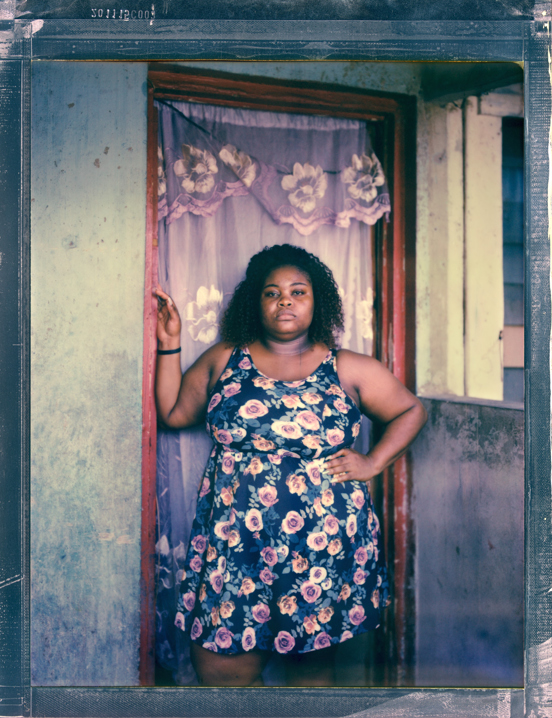
“I am labelled as confused and is sometimes asked the question in being bi-sexual, am I truly attracted to two sexes or simply confused and need to experiment until my “TRUE” sexuality is found. I am also labelled as promiscuous or even being told I am “just looking to be noticed”.”
READ THE STORY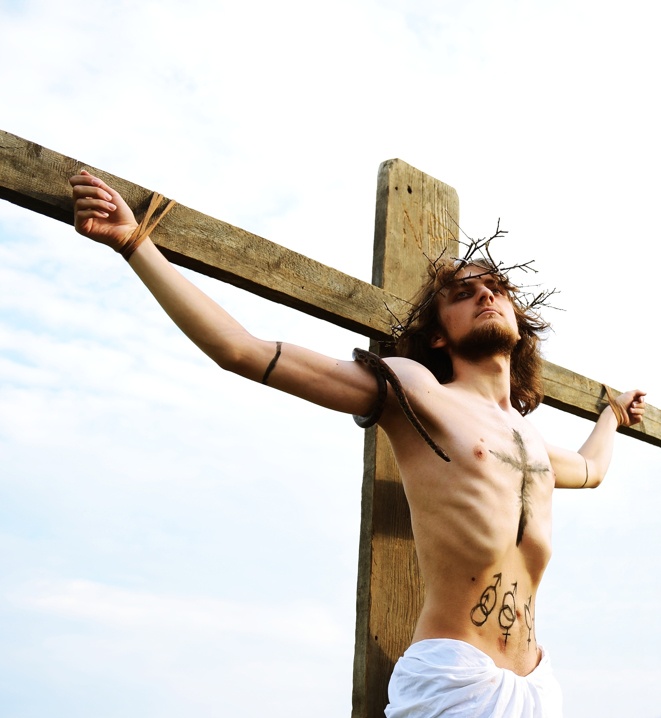
“I was always the main target both in my primary and high school. First they labeld me as a sissy, then I became a girlsh boy, then a faggot. Teachers in school were also homophobic. They didn’t want to play or hangout with me because I was feminine and too weird for them.”
READ THE STORY
“I came out to my family last Year January and they did not take it like I thought they would mum was violent to me even though I thought she was the one who would be on my side”
READ THE STORY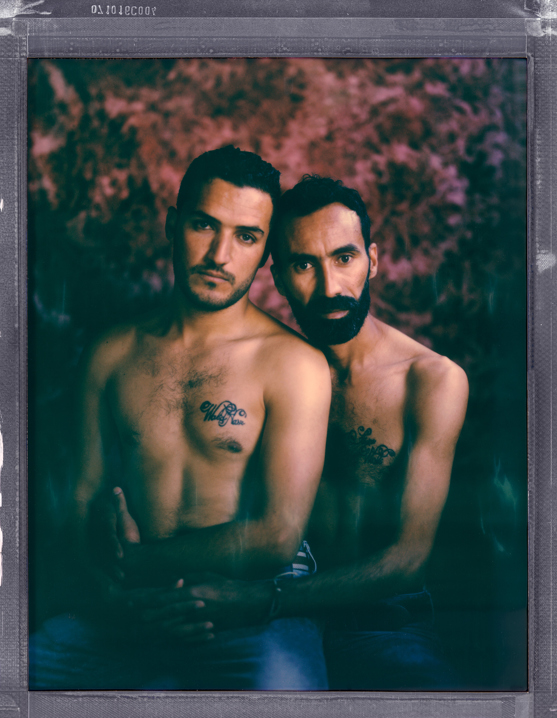
“We were insulted, blackmailed, rejected, but we are strong, we have each other, we have friends and people like us. We have hope. What’s wrong with being in love. I love him and he loves me. I want to hold his hand in public or kiss him but that’s forbidden here, it’s a crime. We are happy together we want to spend our life together and we will do it despite of everything.”
READ THE STORY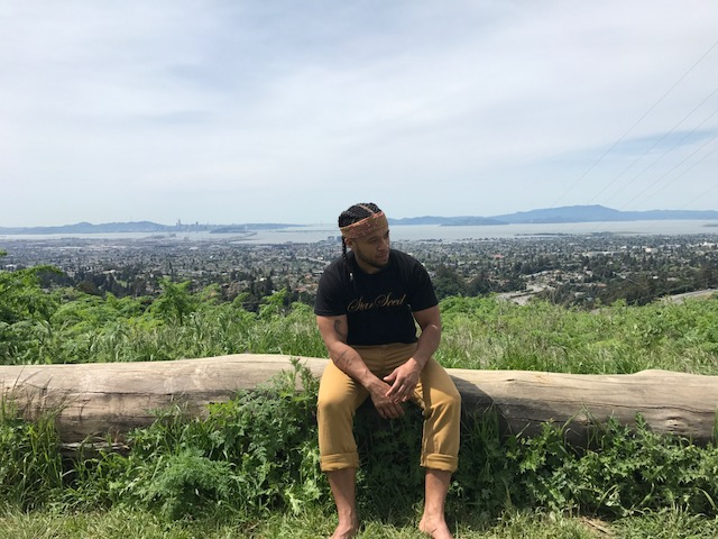
“If you want to open up to understanding my life as a black trans- man living in the USA, I ask that you first open up to your own truths. Ask yourself, where are my edges?”
READ THE STORY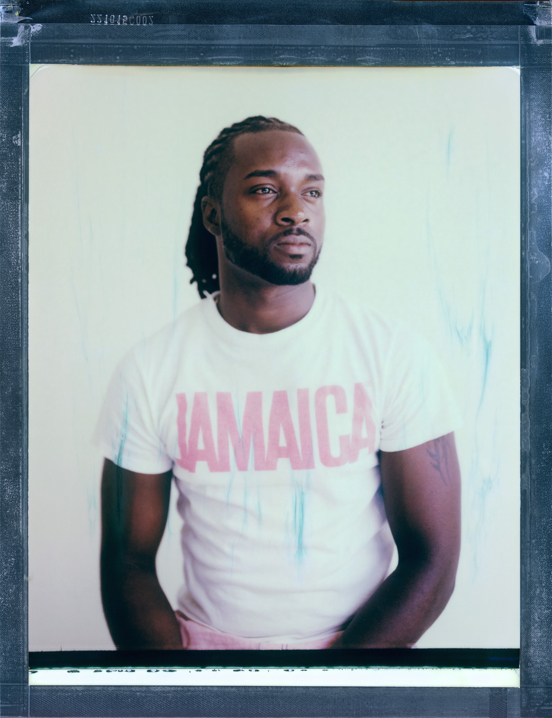
“I never knew it was bullying until I got to know the word too well. Then I learnt it was homophobic bullying because I was being teased and called “fish”, “faggot”, “battyman” and other degrading names. For half of my life I felt as though something was wrong with me. I thought maybe they were right for teasing me”
READ THE STORY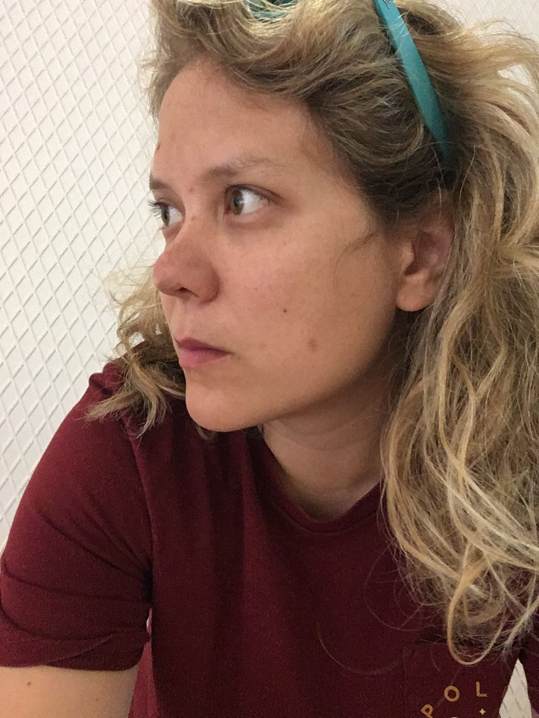
“I am hurt. I cry several times a day. Find it difficult to concentrate at work. Find peace sometimes when I am walking my dog or my girlfriend hugs me telling me everything is going to be alright. I am upset. Upset my family prefer to believe I am stupid and my girlfriend is that evil instead of accepting I am just gay, settled down and happy.”
READ THE STORY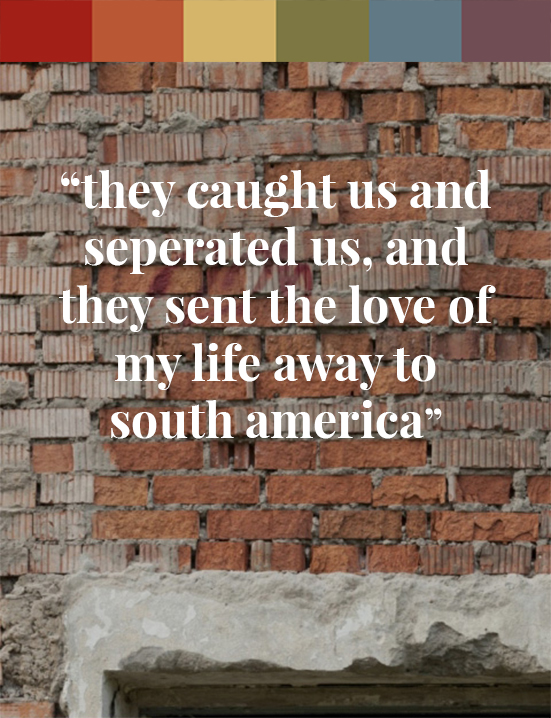
“Before we moved in together they caught us and Seperated us, and they sent the love of my life away to souTh america. She gave up as we were far and suffering. Our Families got what they wanted eventually, and now i have to pr tend its all ok and that i no longer feel this love for her.”
READ THE STORY